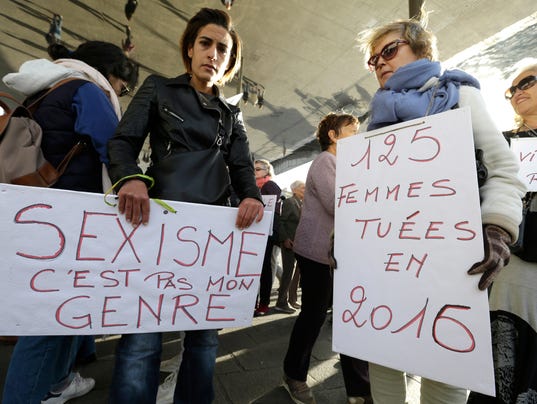By: Jenilyn Brhel
Impunity Watch Reporter, Europe
VATICAN CITY – After admitting “grave errors” in judgment concerning Chile’s sex abuse scandal, Pope Francis has invited three survivors to meet with him at the end of April.

The invitation comes after public outcry following the Pope’s visit to Chile in January and his defense of Bishop Juan Barros following accusations that Barros ignored sexual abuses committed by Rev. Fernando Karadima.
Sixty-four victims testified that Bishop Juan Barros had witnessed and ignored abuses suffered at the hands of Karadima.
During his visit to Chile in January, Francis accused Karadima’s victims of trying to assassinate Barros’ character.
After public outcry, Francis ordered Archbishop Charles Scicluna to investigate the scandal.
For decades, the Catholic church has been rocked by scandals involving thousands of priests accused of abusing countless more children.
In a letter to the public, Pope Francis apologized for his “grave errors in judgment” and blamed a lack of “truthful and balanced information” for his initial misgivings. He thanked the sixty-four individuals who testified against Barros and praised their courage to come forward and bare the “wounds of their souls.”
Juan Carlos Cruz, one of the survivors invited to the Vatican to meet with the Pope, hopes that the meetings will bring attention to survivors of sex abuse in the church worldwide.
Barros’ three main accusers plan to continue their fight “until zero tolerance about abuse and cover-up in the church becomes a reality,” they said in a statement.
“It’s about the thousands of survivors who have gone through horrible things, who have been disrespected, discredited. That culture has to change,” said Cruz. “It has to be about every survivor. I hope that this is a sign that this will not be the norm.”
A research organization called BishopAccountability, which tracks clergy abuses around the world, called Francis’ actions “long overdue but welcome.” Anne Barrett Doyle, co-director of the organization, says that the decades-long pattern of abuses can only be thwarted by major systemic reform.
In his letter, Francis called for an emergency meeting with Chile’s bishops to discuss the scandal.
“From now on I ask forgiveness of all those I offended and I hope to be able to do it personally in the coming weeks,”Francis said.
For more information, please see:
CNN – Three Church sex Abuse Survivors to Meet With Pope – 13 April 2018
Huffington Post – Abuse Survivors Demand Concrete Action After Pope Admits his ‘Serious Errors’ – 13 April 2018
U.S. News and World Report – Chile Victims Meet Pope April 28-29 at Vatican – 13 April 2018
The Washington Post – Pope Admits he Made ‘Grave Errors’ in Chile sex Abuse Case – 11 April 2018



